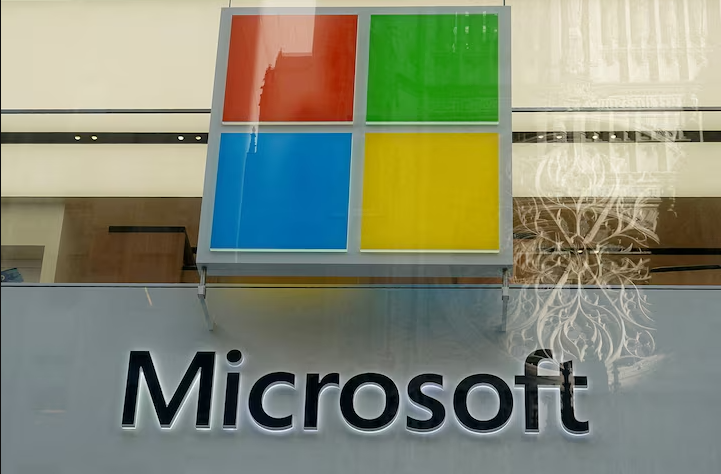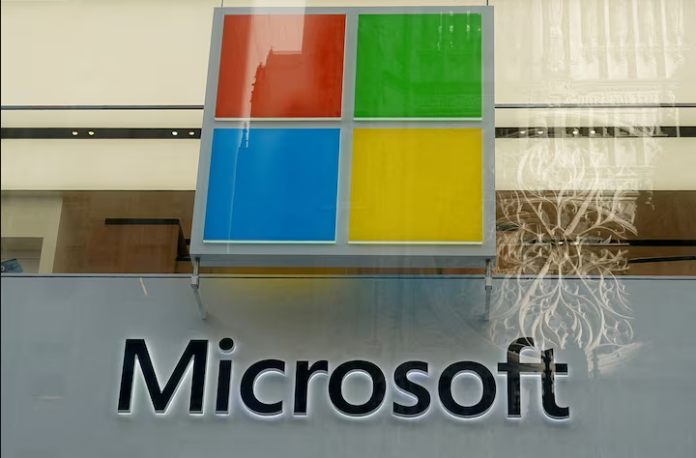Microsoft (NASDAQ: MSFT) has restructured parts of its longstanding partnership with OpenAI in response to the AI leader’s groundbreaking joint venture with Oracle (NYSE: ORCL) and Japan’s SoftBank Group. This venture, dubbed “Stargate,” aims to establish up to $500 billion worth of new AI data centers across the United States, bolstering America’s position in the global AI race.
President Donald Trump hosted the leaders of this ambitious initiative at the White House, highlighting its role in keeping the U.S. competitive against global rivals like China. The Stargate project will leverage cutting-edge chips from Nvidia (NASDAQ: NVDA) and involve a consortium of industry heavyweights.
Microsoft’s Role in the New Partnership
Since 2019, Microsoft has enjoyed exclusive rights to develop computing infrastructure for OpenAI. However, recent adjustments to the agreement now permit OpenAI to collaborate with Oracle and other firms on building additional capacity for research and AI model training.
Despite this, Microsoft maintains a firm grip on OpenAI’s core business operations. The tech giant retains exclusive rights to OpenAI’s APIs—the crucial interface through which developers and businesses access OpenAI services. This exclusivity prevents Oracle or any other partner from hosting OpenAI’s primary revenue-generating services.
Inside the Stargate Initiative
Stargate will operate as an independent entity, with OpenAI holding equity, governance rights, and operational control. The venture’s board will include representatives from its founding members, with SoftBank CEO Masayoshi Son serving as chairman. Other investors include MGX, a prominent firm based in the United Arab Emirates.
Microsoft, Nvidia, and Arm will act as technology partners for Stargate but will not contribute equity funding. OpenAI stated that Stargate will focus on advancing AI infrastructure to sustain the United States’ leadership in AI innovation.

Revenue Sharing and Commitment to Azure
Microsoft emphasized that its partnership with OpenAI remains robust, citing ongoing revenue-sharing arrangements that benefit both parties. Additionally, OpenAI recently committed to a significant investment in Microsoft’s Azure cloud platform to support its entire suite of products, including AI training.
Microsoft’s blog post reaffirmed the strength of the partnership, stating, “The key elements of our agreement remain intact through 2030, including our access to OpenAI’s intellectual property and exclusivity on APIs.”
What’s Next?
While the Stargate initiative is set to reshape the AI landscape, Microsoft’s strategic hold over OpenAI’s core business functions ensures it remains a central player in the rapidly evolving AI ecosystem. As the competition in AI technology intensifies, this collaboration represents a critical move to cement U.S. leadership in the field.



